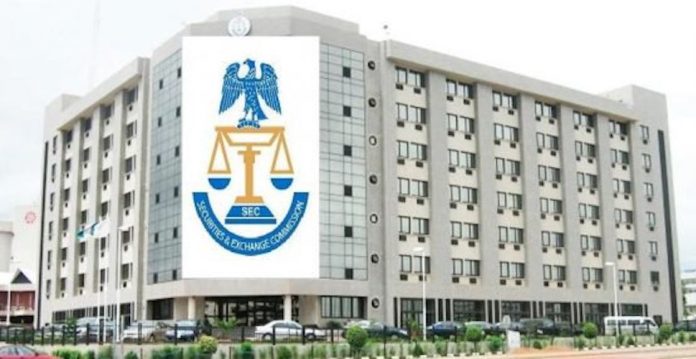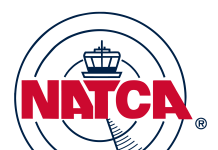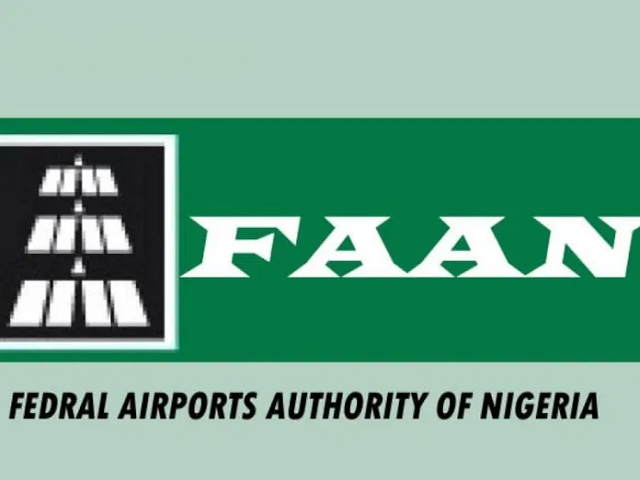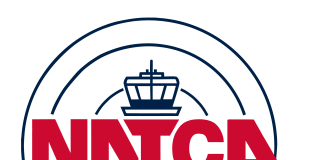The Securities and Exchange Commission (SEC) has mandated all capital market operators (CMOs) to adopt an enterprise risk management (ERM) framework aligned with internationally recognized standards. This directive, aimed at enhancing risk management practices within the capital market, seeks to minimize systemic impacts and safeguard stakeholders’ interests.
In a statement on its website, the SEC specified that the required standards for the ERM framework include those set by the Committee of Sponsoring Organisations of the Treadway Commission (COSO), the International Organisation for Standardisation (ISO 31000), and the Financial Action Task Force (FATF) Recommendations.
The SEC emphasized that comprehensive risk management practices are crucial for mitigating systemic risks and protecting all stakeholders. CMOs are required to design their ERM framework considering their operational structure, business activities, client demographics, products, services, and delivery mechanisms. The framework must include a risk governance structure with clearly defined roles and responsibilities, including the establishment of a risk management committee.
To ensure accountability and oversight, CMOs must define their risk appetite and tolerance statements and consistently report to senior management and the board of directors. Additionally, organizations are required to implement risk-awareness programs to foster a culture of risk management throughout their operations.
The SEC’s directive is part of a broader strategy to strengthen risk-based supervision in the capital market, incorporating anti-money laundering (AML) and counter-terrorism financing (CTF) measures. CMOs are required to submit a Board-approved risk management policy in a selectable and searchable PDF format by September 30, 2024, via email to rbs@sec.gov.ng to obtain a “No Objection.”
Furthermore, the SEC requires CMOs to submit an annual risk profile by January 31 of each year. This submission should include an assessment of emerging threats and the measures implemented to mitigate them, which will be reviewed by the Commission.
This initiative by the SEC underscores the importance of robust risk management practices in maintaining the stability and integrity of the capital market, ensuring that operators are well-prepared to handle potential risks and challenges in the dynamic financial environment.













